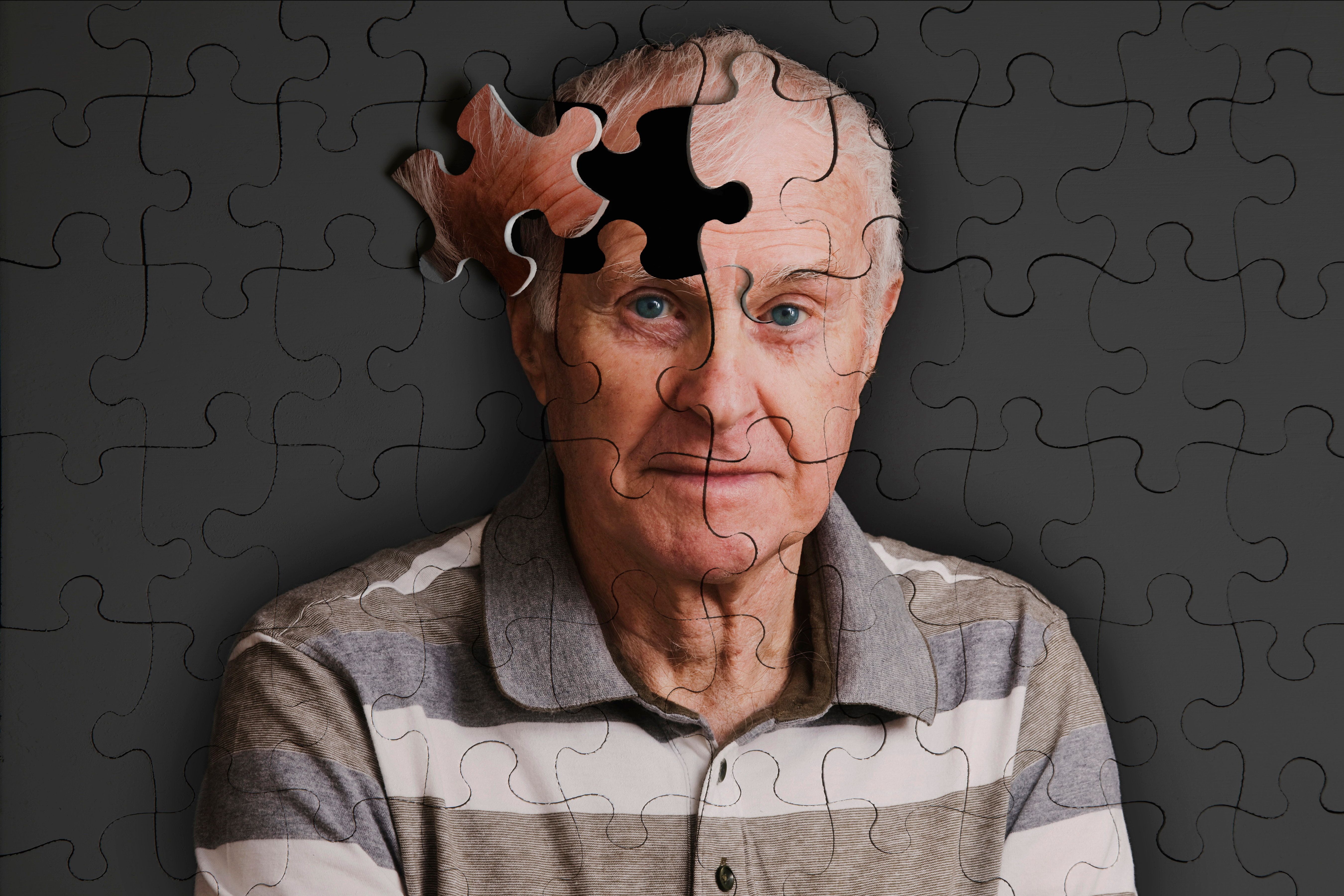Study Shows People with Alzheimer’s Disease Overestimate Turns During Walking Test
A recent study conducted by researchers has identified a notable trend among individuals with early Alzheimer’s disease. The study, which compared the performance of individuals with Alzheimer’s to that of healthy adults, found that those with the disease consistently overestimated turns during a walking test.
Experts have hailed this discovery as a promising development, emphasizing the need for new and more precise techniques to detect Alzheimer’s disease in its early stages.
The participants in the study were asked to navigate a specific route using virtual reality goggles. The purpose of the three different scenarios presented to participants was to assess and stress their navigational skills.
The study revealed that individuals with early Alzheimer’s exhibited increased variability in their sense of direction. In contrast, both healthy older adults and individuals with mild cognitive impairment, but not Alzheimer’s disease, did not display the same issue.
In terms of distance walked, there were no significant differences observed among the participants. However, there were notable disparities in their perception of changing direction.
Dr. Andrea Castegnaro, a joint author from the University College London’s Institute of Cognitive Neuroscience, shared that individuals with Alzheimer’s believed they had made a 160-degree turn on average, even when they had only completed a 100-degree turn. For individuals with mild cognitive impairment but not Alzheimer’s, the average perceived turn was 110 degrees.
Dr. Castegnaro explained that these errors were likely a result of the onset of the disease rather than general aging or cognitive decline.
The study, which involved a small group of participants, acknowledged the need for further and larger studies to confirm these findings. However, the researchers believe that this research marks a new approach to early Alzheimer’s diagnosis by focusing on specific navigational errors.
Dr. Castegnaro expressed the goal of developing practical tests that could be used in clinical settings without facing common constraints such as limited space and time, which traditional tests often encounter.
According to estimates, there are more than 64,000 people living with dementia in Ireland, with predictions that this number will rise to 150,000 by 2050. Detecting the disease in its early stages allows for better management and treatment, with a particular focus on slowing down its progression.
Dr. Leah Mursaleen, Head of Research at Alzheimer’s Research UK, stressed the need for larger studies to fully understand the potential impact of this promising discovery.
HTML Tags:
Note: The HTML tags used in the original text have been retained in this updated version.
Denial of responsibility! Vigour Times is an automatic aggregator of Global media. In each content, the hyperlink to the primary source is specified. All trademarks belong to their rightful owners, and all materials to their authors. For any complaint, please reach us at – [email protected]. We will take necessary action within 24 hours.


